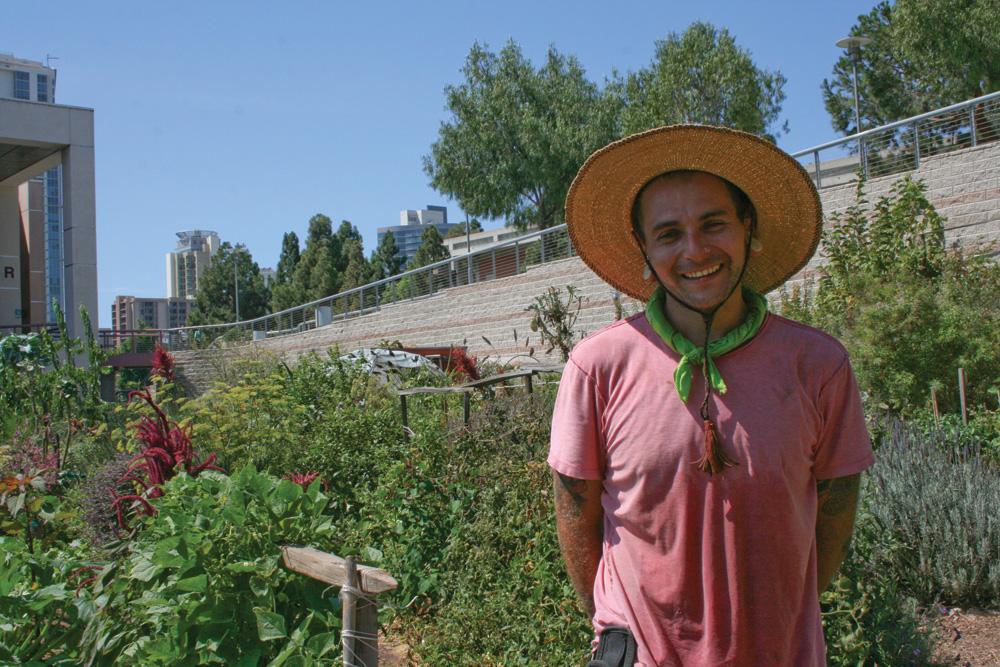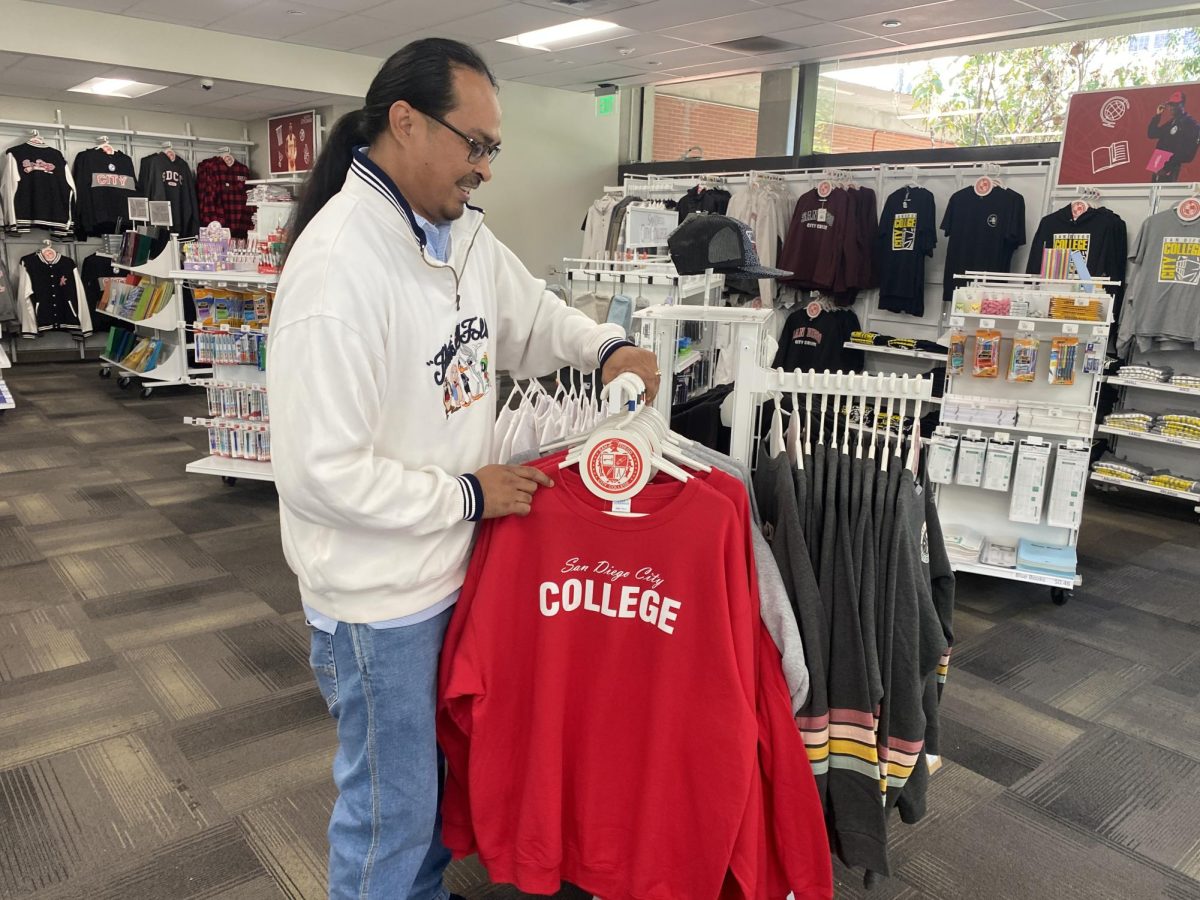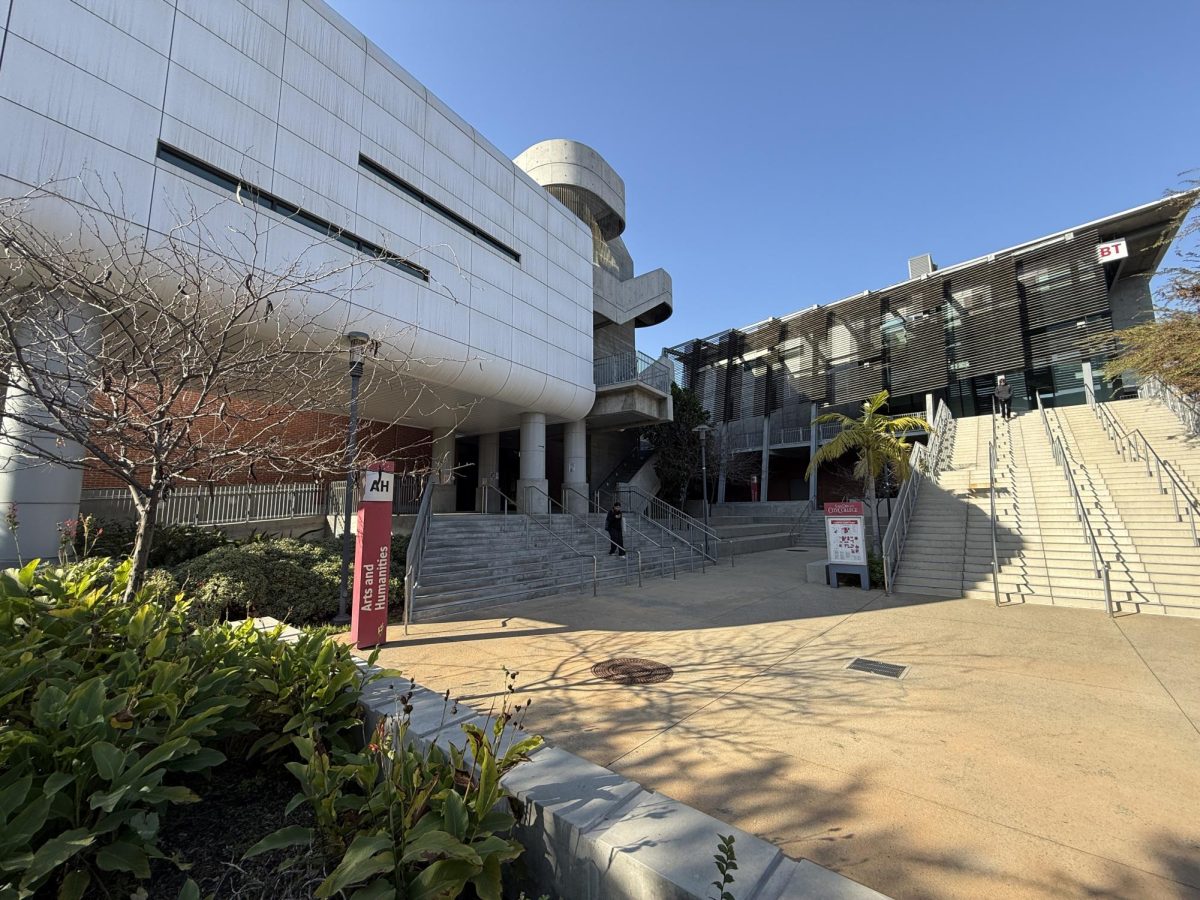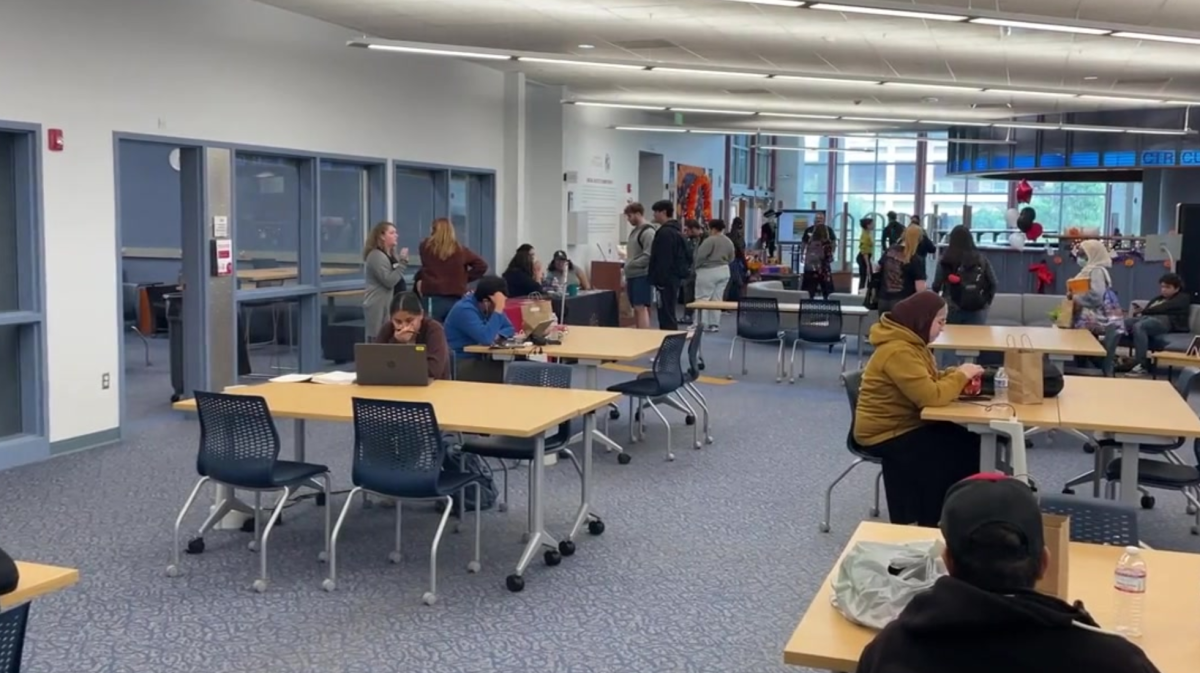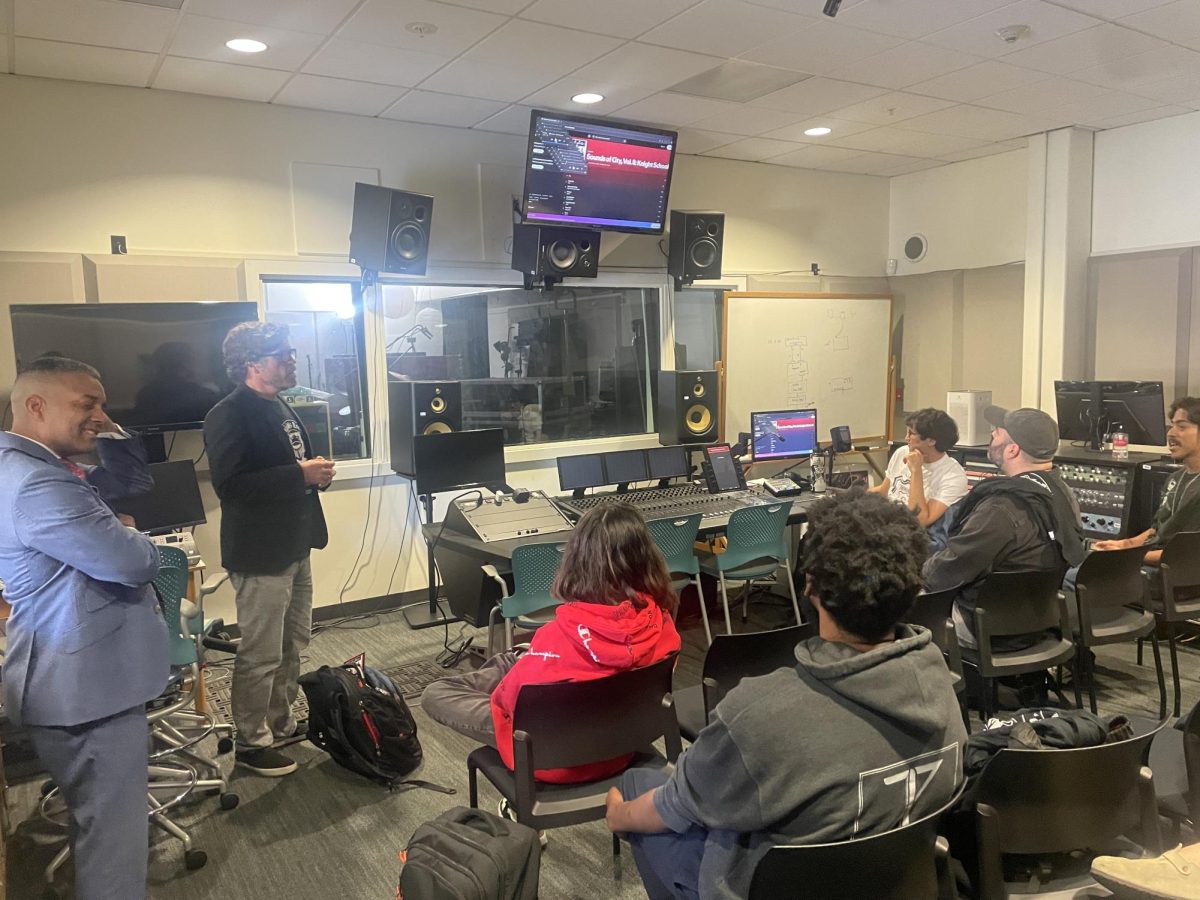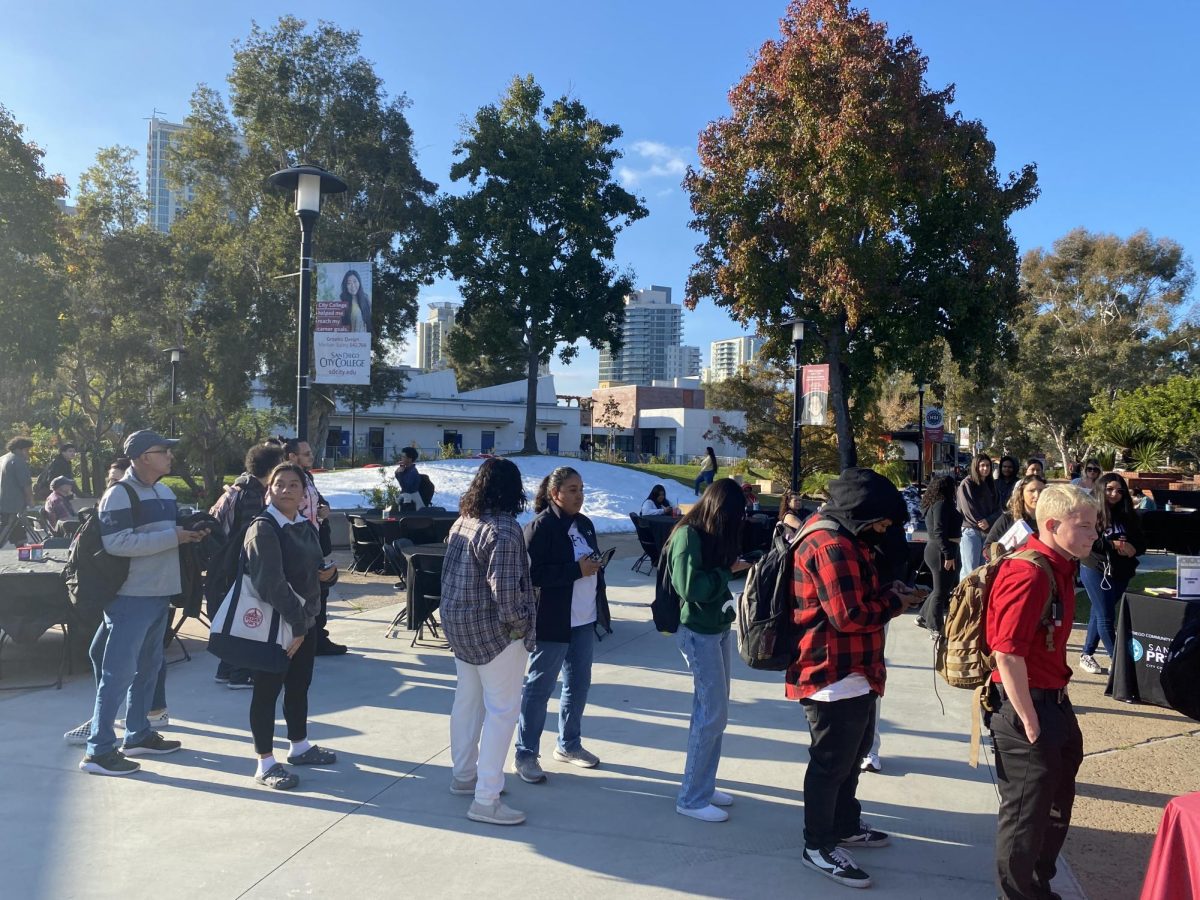While many academic programs are making cuts in adjustment to California’s looming financial crisis, Seeds@City Urban Farm at San Diego City College has found room for growth thanks to faculty, student and community support.
“The college does pay for two of our classes each semester but it is not enough to keep the farm going,” said Erin Rempala, who manages Seeds in addition to teaching full time at City.
In Dec. 2011, Seeds launched a campaign on Kickstarter.com to raise money with the purpose of building a greenhouse on campus. The fundraiser ended 30 days later with donors giving about $1,500 more than the project set out to raise.
The greenhouse is necessary for the programs organic greenhouse management course which could be added to the schedule as early as next semester.
Negotiations are currently in progress regarding the location of the building. Rempala said that they’ve narrowed it down to two potential sites and are currently waiting on district approval before beginning construction.
The farm was developed in 2008 and used for internships. In 2010, City began a sustainable agriculture program offering certificates in urban farming, urban gardening, organic gardening for the culinary arts, introduction to ecological landscaping and advanced ecological landscaping. Students can also obtain an associates degree in sustainable urban agriculture through the program.
“The other piece of this puzzle about keeping the farm growing in this continuing horrendous fiscal climate is we’re trying to make ourselves as financially self-sufficient as possible. Unlike a lot of other programs, we can grow things and sell them for profit,” said Rempala.
The farm uses about a quarter of the water that was used to maintain the lot it replaced, according to Rempala.
“I think a lot of people don’t realize that San Diego has two growing climates. We have a cool season that’s supposed to be starting sometime soon and a warm season that should be ending. You grow different crops depending on which season you’re in because they’ll do better,” she said.
It’s specifically sustainable agriculture that is being utilized by Seeds. With this in mind, the people at Seeds have begun to restore the soil ecosystem and increase the soil’s fertility making it able to support the growth of nutrient rich produce.
“Because we’re so used to industrialized food, people don’t realize you’re supposed to eat tomatoes in the summer because that’s when they grow. To try to grow them in the winter time means you’re going to be adding all sorts amendments to the soil for the plant to grow. When we get tomatoes shipped in from across the globe they’re not going to be fresh and they’re not going to have the nutrient levels that they have if they’re grown in the time of year that works best for them,” she said.
Seeds offers a Community Supported Agriculture for consumers and businesses. The CSA provides buyers with a collection of produce weekly after they pay for a set duration of time, usually a semester or an academic year in advance. It’s a mixed bag of what’s in season so buyers can cook meals at home using sustainably and locally grown items on regular basis.
There is a large demand for Seeds’ produce at local restaurants. In fact, there’s even a waiting list of people who want to buy the produce regularly.
The greenhouse will increase the amount of produce the farm can grow and enable them to grow plant starts which buyers can take home to add to their personal gardens. This will generate more funding to maintain the farm and to ensure that sustainable agriculture classes may continue to be offered.
The South Park restaurant Alchemy has already entered into a partnership with Seeds, buying from what is left of the vegetables after the weekly on campus farm stand. Damian Valdez, a student of the sustainable agriculture program, is currently working on a rooftop garden at Alchemy.
In the future, Seeds and Alchemy may collaborate to provide produce and already prepared food items at area farmers markets.
And while it is currently only a dream, we could eventually begin to see produce grown on campus by students in the school cafeteria.
“There’s a lot of red tape to get through,” said Rempala, who explained that although she manages the farm in her free time in addition to teaching, it could easily be a full time job.
Volunteer hours for the farm this semester are Wednesday and Thursday from 1-4 p.m. and Saturday from 9 a.m.-noon.
If you’re interested in learning more about Seeds@City, you can visit the webpage at http://sdcity.edu/seedsatcity or contact Erin Rempala at [email protected].

